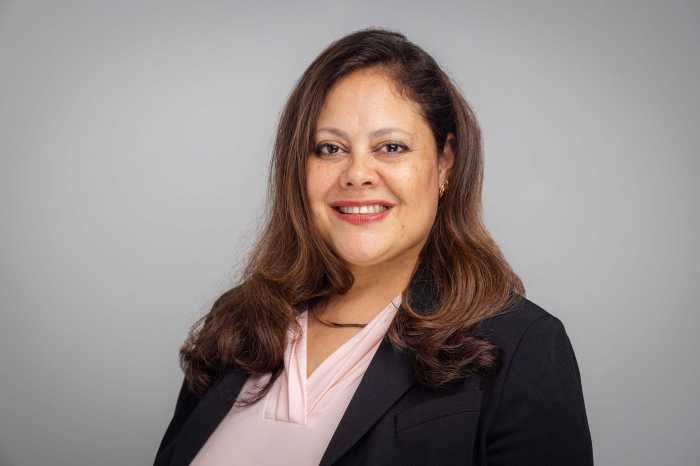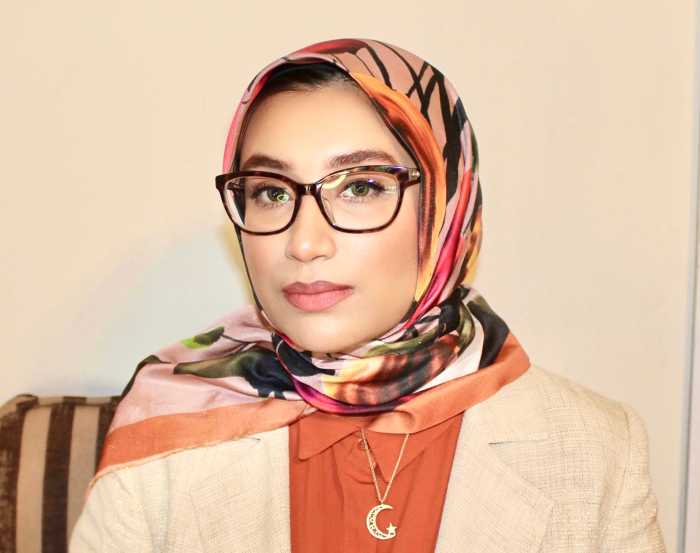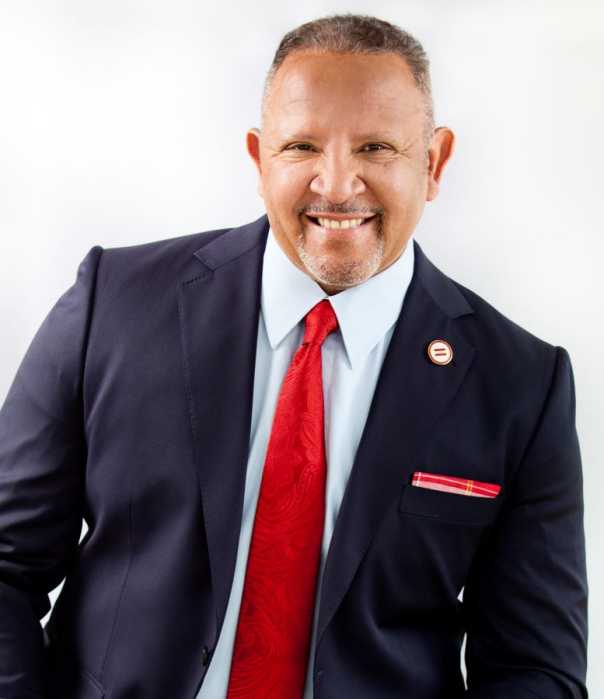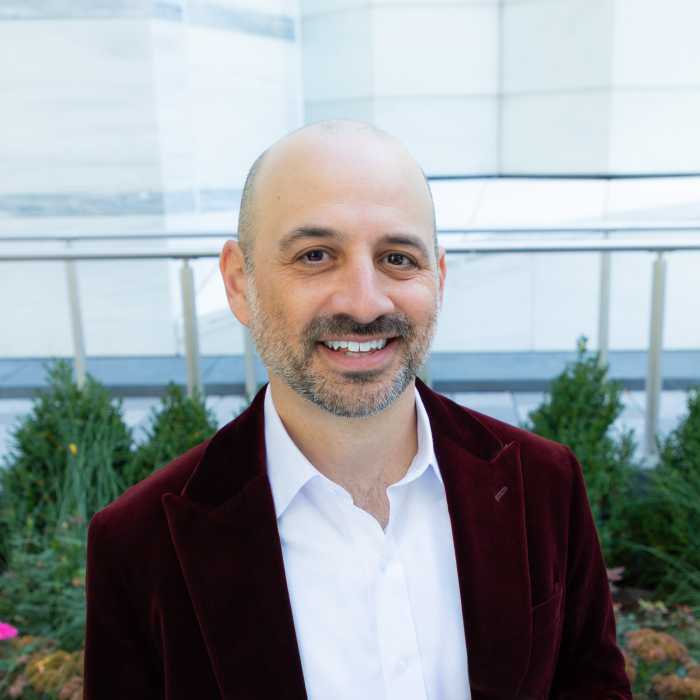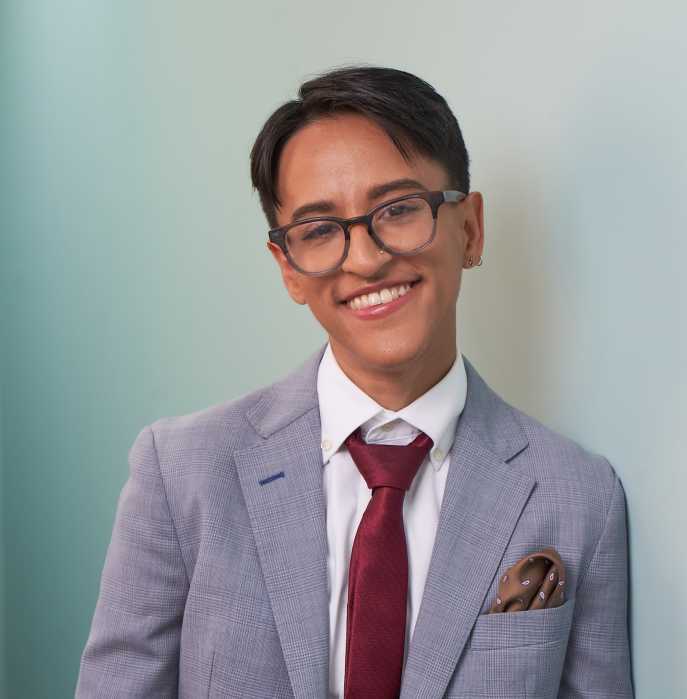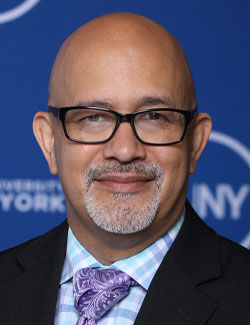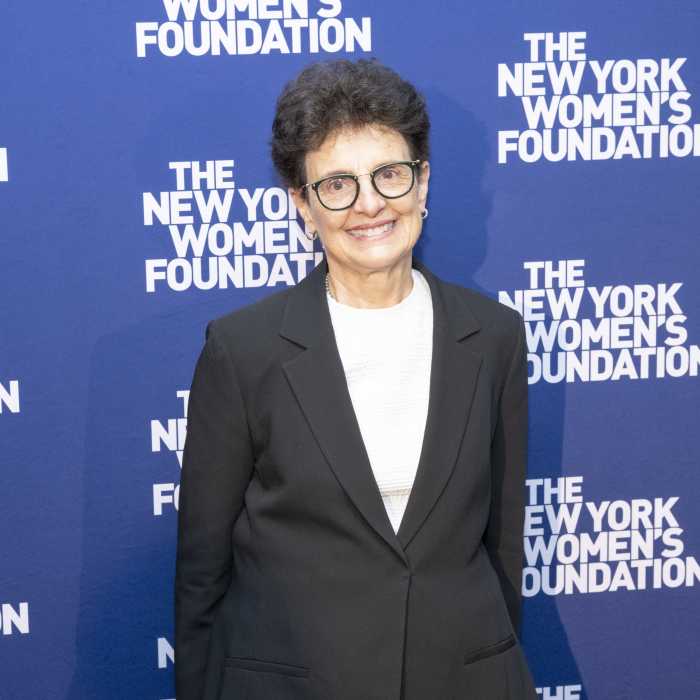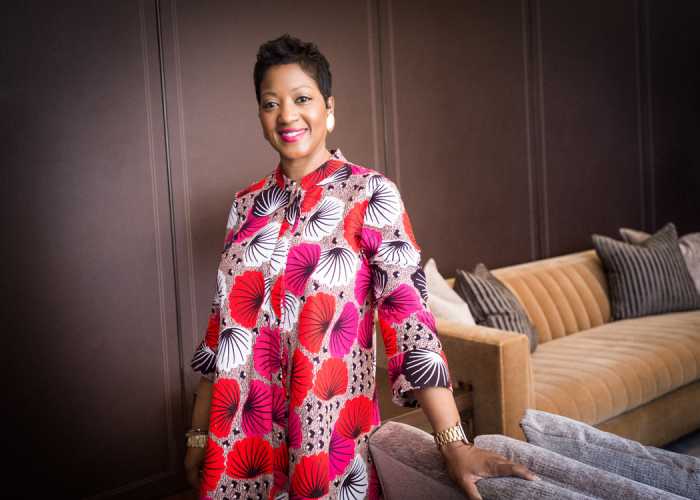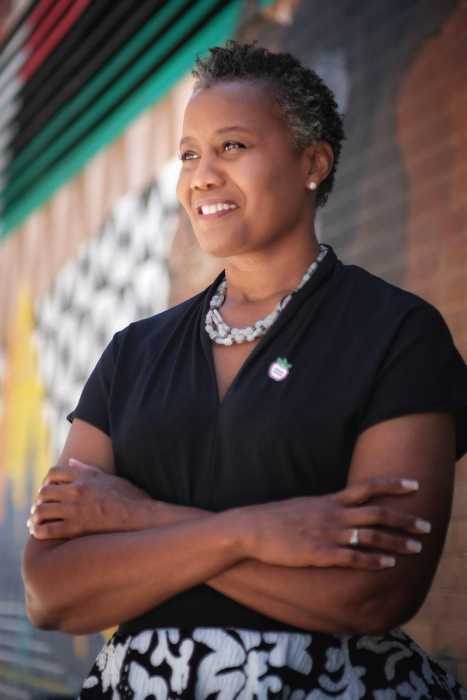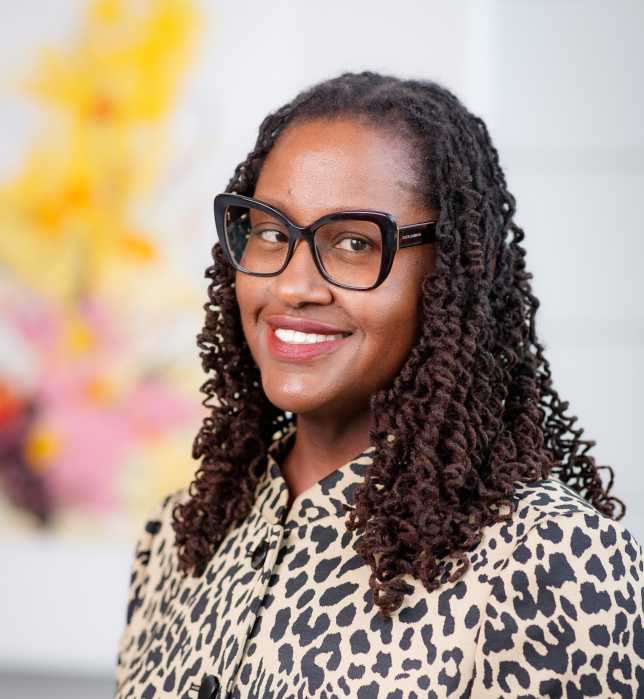Ivelesse Mendez-Justiniano has been with NYC Health + Hospitals since 1994 and most recently served as the chief learning officer and interim chief of diversity and inclusion. She leads a portfolio inclusive of diversity and inclusion, strategy development, language access, gender equity, health equity, workforce development, The Corporate Learning Academy, talent management, volunteer management, and leadership development. Before joining H+H, she worked at the Park Slope Physicians Group and Caribbean Women’s Health Association.
What’s the most important lesson you’ve learned in your career so far?
Being mission driven and a public servant requires a level of selflessness, therefore one of the most important lessons I have learned in my career is the importance of being authentic in what you do to remain true to your own personal values. Secondary to that is the power of relationships. Relationships can help break down barriers, motivate, inspire and help you to move forward in this work.
Why is diversity, equity and inclusion important to you and/or your organization?
As a Puerto Rican woman with a family of different colors, I have experienced what it is like to have decisions made on how you look opposed to who you are as a person. NYC Health + Hospitals is mission driven and committed to ensuring that our employees and patients are treated equitably. We are aligned with the values of delivering high quality care to all regardless of race and/or ethnicity. Our DEI focus is paramount.
What advice do you have for organizations looking to establish or improve DEI initiatives?
Have a good understanding of their current state in order to determine and create the roadmap for where you wish your organization to be within the DEI landscape. Be sure to set up a scope that has achievable milestones and continue to build on it. Keep your focus on your workforce and those you serve.


